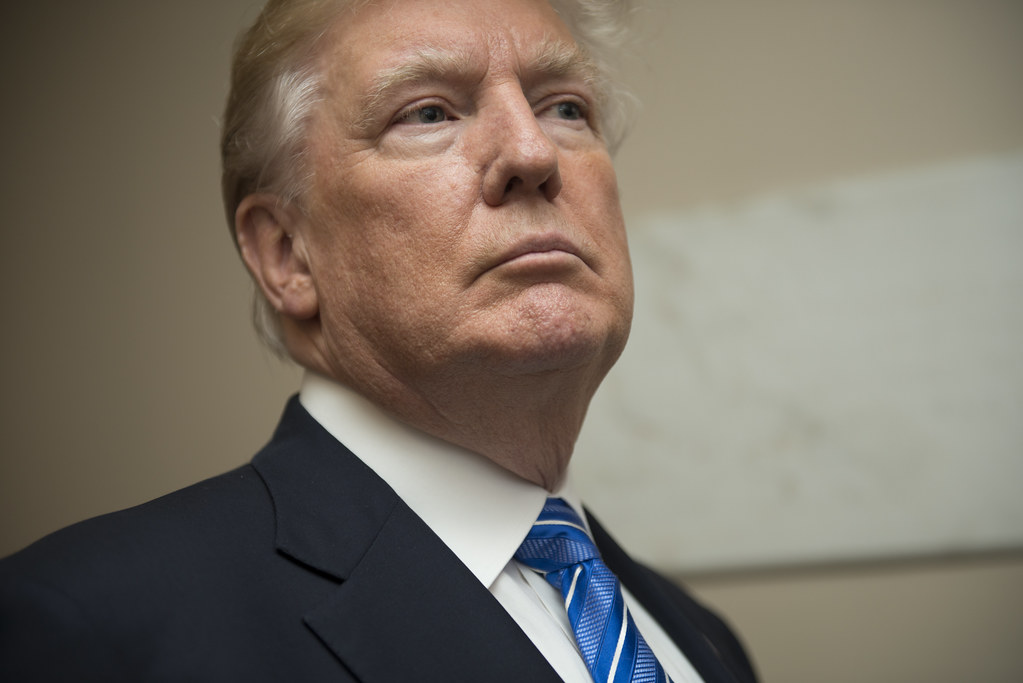Key Takeaways
- Maggie Haberman says President Trump is struggling with his response to Charlie Kirk’s killing.
- Trump blamed “radicals on the left” while Utah’s governor urged calm and unity.
- On CNN, Haberman noted Trump’s close bond with Kirk shapes his reaction.
- Steve Bannon criticized FBI Director Kash Patel for mixed messages during the manhunt.
- Republicans voiced frustration over Patel’s public missteps and delay in capture.
Understanding the Trump reaction
President Trump has shown a mixed response since Charlie Kirk’s tragic death. Trump often speaks with strong language. He called “radicals on the left” vicious. Yet his tone shifts at other times. Meanwhile, Utah Governor Spencer Cox urged Americans to calm down and find common ground. This contrast highlights the challenge Trump faces. His reaction feels uneven.
First, Trump and his circle were very close to Charlie Kirk. Kirk was a vocal ally and friend. He worked alongside Trump at many events. That bond adds deep emotion. Second, Trump has faced two assassination attempts. Last year, one shot narrowly missed him. That history adds stress to his reaction now. Third, Trump’s style is not like a traditional leader’s. He uses direct, blunt words. He rarely speaks in calm or measured tones. All these factors shape the Trump reaction.
Maggie Haberman on Trump reaction
New York Times reporter Maggie Haberman joined CNN anchor Kaitlan Collins to unpack this scene. Haberman said Trump is “struggling” to find the right tone. She explained that timing affects what he will say. If he speaks at one moment, he sounds angry and fierce. If he speaks later, he might sound more settled. Haberman noted that Trump has had moments of calm in his first term. Yet she added that he will not speak like Governor Cox did. Haberman said people voted for Trump knowing who he is.
Moreover, Haberman pointed out the personal side of the tragedy. She described Kirk as “close as a sibling” to many in Trump’s orbit. She mentioned Donald Trump Jr.’s own words: Kirk was like a brother. This closeness makes the reaction more heartfelt but also more raw. As a result, the Trump reaction feels emotional and uneven instead of steady and clear.
Steve Bannon and the FBI director
Later in the CNN segment, Haberman addressed criticism from Steve Bannon. Bannon slammed FBI Director Kash Patel for his public actions. Patel flew to Utah and spoke about partnerships with local law enforcement. Yet his statements clashed with what authorities were saying on the ground. First, Patel claimed someone was in custody. Then authorities said that person was released. He repeated the claim on social media. Only later did everyone admit the suspect was still at large.
Bannon said the public expects the FBI to work quietly behind the scenes. He argued Patel’s online posts created confusion. Haberman agreed that this was a misstep. She noted Patel came from an online background and is new to such high‐stakes law enforcement work. She also said many Republicans are frustrated by the delay in capturing the shooter. Haberman added that clear, consistent messaging is crucial in such cases.
Why the Trump reaction matters
The way Trump responds to this crisis matters for his base and for the wider public. First, GOP unity may depend on how he handles internal criticism. If Trump seems too harsh, some allies might pull back. If he sounds too soft, other allies might feel he has lost strength. Second, public trust in the GOP image ties into his reaction. Many voters look for clear guidance. Mixed messages can weaken confidence. Third, Trump’s own brand thrives on bold statements. Balancing boldness with empathy is a delicate act.
Meanwhile, Democrats and independent voters will watch closely. They may judge the GOP by how its leaders speak after the killing of a high‐profile figure. In a deeply divided nation, strong calls for unity can resonate. Thus, the Trump reaction could sway views beyond his core supporters.
What could happen next
First, Trump may issue a more measured statement. He could acknowledge the need to avoid blame and to seek calm. Second, top advisers might craft talking points that lean on unity themes. That could bring his language closer to Governor Cox’s call for an “off ramp.” Third, the White House might emphasize Trump’s personal bond with Kirk. This approach would humanize the president while showing grief.
Moreover, the Patel controversy may lead to tighter rules for public statements by law-enforcement officials. The FBI director might face internal review on how to handle communications in high-profile cases. The White House could also distance itself from mixed messages to restore order.
Finally, the coverage by reporters like Maggie Haberman will keep feeding public debate. Her insights on timing, tone, and personal ties shape how people see the Trump reaction. As new details emerge about the investigation or possible trials, Trump’s words will gain even more weight.
Frequently Asked Questions
What did Trump actually say about Charlie Kirk’s death?
He blamed “radicals on the left” as “vicious” but did not use the calming, unifying tone offered by Governor Cox.
Why does Maggie Haberman think Trump is struggling?
Haberman says Trump’s close bond with Kirk and his past near-assassination attempts make him emotional. He finds it hard to speak in a steady, traditional style.
What went wrong with Kash Patel’s statements?
Patel claimed a suspect was in custody, then said that information was false. His online posts contradicted official reports and confused the public.
How might this affect Trump’s standing with his supporters?
His reaction could sway GOP unity. Too harsh, and some might pull back. Too soft, and others might see a loss of strength. A balanced tone may keep his base aligned.
